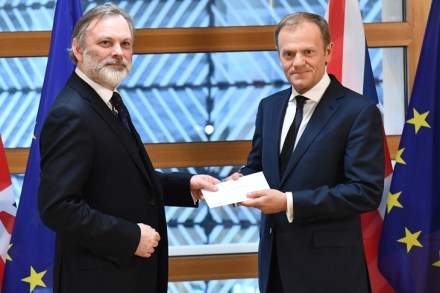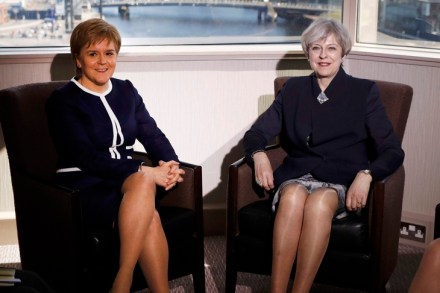Article 50 letter: full text
On 23 June last year, the people of the United Kingdom voted to leave the European Union. As I have said before, that decision was no rejection of the values we share as fellow Europeans. Nor was it an attempt to do harm to the European Union or any of the remaining member states. On the contrary, the United Kingdom wants the European Union to succeed and prosper. Instead, the referendum was a vote to restore, as we see it, our national self-determination. We are leaving the European Union, but we are not leaving Europe – and we want to remain committed partners and allies to our friends across the




















